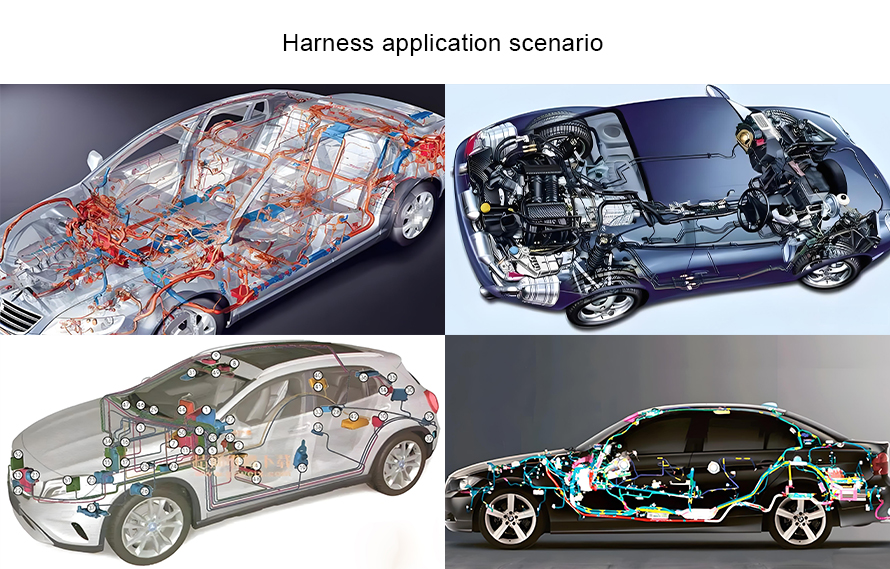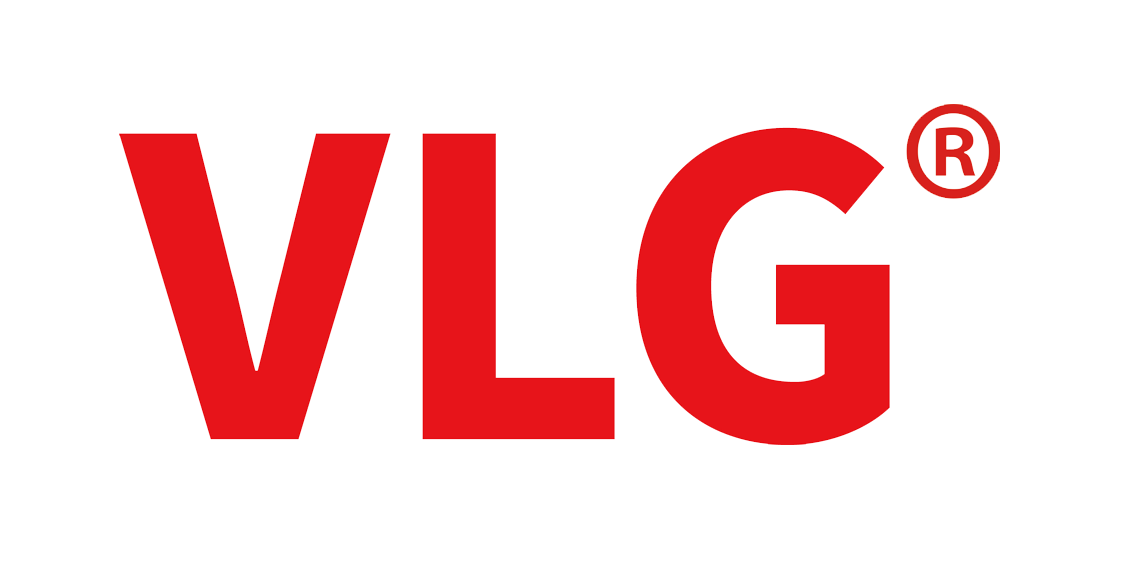FAKRA automobile wire harness
Overview
The production of automotive wire harnesses is a fine process activity, involving the technical requirements of wires, connectors, insulation materials and many other aspects. In order to ensure the quality and safety of the wiring harness, the following are some matters that need attention when producing automotive wiring harnesses.
1. Material selection
The selection of high-quality materials is the key to the production of automotive wiring harnesses. Wires should choose copper wires with good electrical conductivity and high temperature resistance, rather than inferior aluminum wires. The connector should be made of corrosion-resistant and high-temperature resistant materials to ensure stable and reliable connection. Insulation materials should be selected high temperature and wear resistant plastic materials to ensure the safety of the wire harness under working conditions.
2. Design specifications
When designing the wiring harness, it is necessary to follow the technical specifications provided by the automobile manufacturer. These specifications include the specification of the wire, the type and position of the connector, the layout of the wire harness, and so on. Unreasonable design may cause the wiring harness to be too long, too dense or too loose, affecting the installation and use of the wiring harness.
3. Wiring harness layout
The layout of the wiring harness should follow the principle of simplicity and regularity. Wires with different functions should be placed in categories to reduce crossing and confusion between wires. At the same time, pay attention to avoid areas that may cause damage to the wiring harness, such as high temperature, vibration and mechanical friction. In addition, the harness should also have a better anti-interference ability to avoid the cross interference of interference signals.
4. Manufacturing process control
A series of process control measures are required to manufacture wire harnesses. For example, ensure the quality of stripping and insulation at the peeling and insulation places to avoid damage to wire conductors. When crimping the connector, ensure good contact between the connector and the wire; When shaping and bundling, ensure that the shape and bundling tightness of the wiring harness meet the requirements. In addition, the quality inspection and sampling should also be strengthened to ensure that the quality of the wiring harness meets the requirements.
5. Safety and reliability testing
After production is complete, the harness must be tested for safety and reliability. Including electrical conductivity test, insulation test, connector contact test, etc. These tests can ensure that the harness will not fail during use, ensuring the safety and reliability of the car.
6. Document management and traceability
Documentation should be established for each production harness, including the manufacturing process and test results. This is important for tracing quality problems, and once a problem occurs, it can be quickly located and resolved through records.
In short, the production of automotive wiring harnesses needs to strictly follow the design specifications and manufacturing process control, select high-quality materials, and ensure the quality and safety of wiring harnesses. Only by production and testing in accordance with the requirements can we produce automotive wiring harnesses that meet the standards.
our advantages
|
|
|
Low cost Factories produce and sell themselves | Customizable About customization: Similar wiring harnesses can be customized - according to your drawings or sample requirements to customize the length of wiring harnesses, specifications, colors, etc., technology R&D one-to-one service Professional OEM and ODM Antenna Designer and Manufacturer | Specialized, refined, high Professional technology, precision equipment, high quality |
Applications

video













